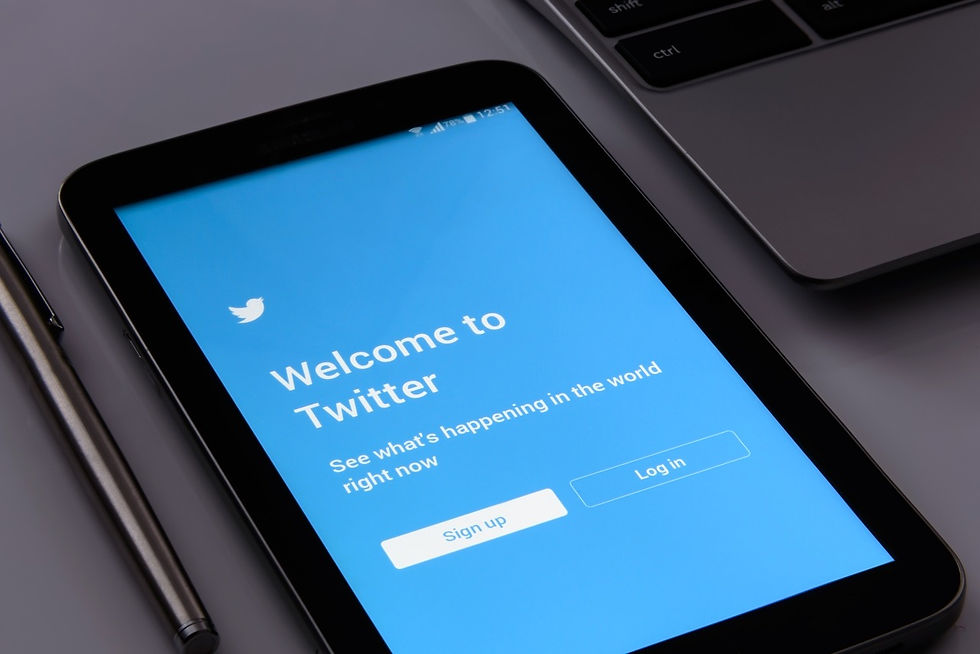By Zarna

People often use words like “lazy activism” or “big twitter hands/fingers” whenever activism on social media is talked about because it is believed that all of it- signing online petitions or liking and retweeting posts related to an issue – is all performative and only to feed ones ego to make it seem like we did take part in bringing about a change. It could only be for the “feel-good” factors but even simple actions on social media platforms have resulted in real changes in real issues. *Writing for the new yorker magazine in 2010 at the cusp of social media revolution was confident that “[online] activism succeeds not by motivating people to make a real sacrifice but by motivating them to do the things that people do when they are not motivated enough to make a real sacrifice”
Twitter has been an important medium when it comes to activism since the engagement with the tweets and the impact they have on individuals is much higher than the amount of effort one puts in. At times when conventional media fails to deliver a non-opinionated/neutral/ non-biased views on certain issues, their narration can wildly influence the public while shaping their opinions and that is when Twitter comes into play by amplifying the voices that were unheard/ ignored by traditional media possibly because of their own biases or influence by the government (pressurizing or bribing)
Some cases where twitter has played an important role in uncovering the reality of certain issues and spreading awareness in the form of threads (with video and photographic proofs) and hashtags, petitions(change.org), funding websites (gofundme) or carrds (free one page websites) are: the me too movement started by tarana burke , an activist and creator of just be inc., a sexual assault survivor in order to augment the voices of other survivors of sexual violence, carrds and threads related to issues in the world like the yemen crisis, queer rights in Poland, cultural appropriation (protective hairstyles, dreamcatchers, sexualizing Asian traditional outfits etc) the military rule in Myanmar, CAA ( citizenship amendment act) in india, the farmers protests in india, awareness about mental health issues covering not only topics like depression and anxiety but also neurodivergence( autism, adhd etc). netizens on twitter have also managed to spread the news about victims that mainstream media refused to cover like Sophie, the 9 year old girl who was assaulted by her mom and her boyfriend and despite of all her cries, her grandmother refused to do anything about it and the police + the cps ( child protection services) weren’t of any help either but tweeters did absolutely everything in their power to get help and justice for the kid. Another example is the death of George Floyd who was killed by a Caucasian police officer only because of his skin colour, only because he was black. This resulted in a nationwide rampage and people all over the world , not only the united states of America , of all races came together to stand up for the black community and black people were actively gatekeeping what was theirs- the music, the fashion trends etc. What the mainstream media was showing were only aggressive protests on the streets but what they failed to display and twitter managed to reveal was the peaceful marches and the cops violently handling the crowds by throwing tear gas bombs, tasing pregnant women, shooting rubber bullets etc. And soon more names of innocent black people in many many countries who had lost their lives surfaced and people demanded justice for them through petitions and spreading information about the then-president Trumps rallies and disrupting them, flooding racist hashtags with links to businesses run by black people, fancams, funding sites etc. the movement had been talked about for years on twitter and the hashtag #BlackLivesMatter had been used for quite some time but the increase in the number of active users ( part of their increasing activity was because of the global pandemic, a part of it was because of the rise in the number of people becoming aware of how prejudiced and twisted the media can be) resulted in successful results in getting justice for innocent people.
In conclusion, twitter is a platform that has a strong impact on the viewpoints of people in current times and the idea that social media activism is not real activism does not make sense anymore .Like*Dr Courtney Radsch, writing in 2011 at the height of the Arab Spring, disagrees with the assumption that online activism is ‘lazy’ and ‘convenient’. Radsch maintains that “Social media are not a panacea to the political, economic and social problems plaguing the region, but are potentially powerful tools for organising, mobilising, communicating and putting domestic issues on the international agenda.”
By Zarna
Nic